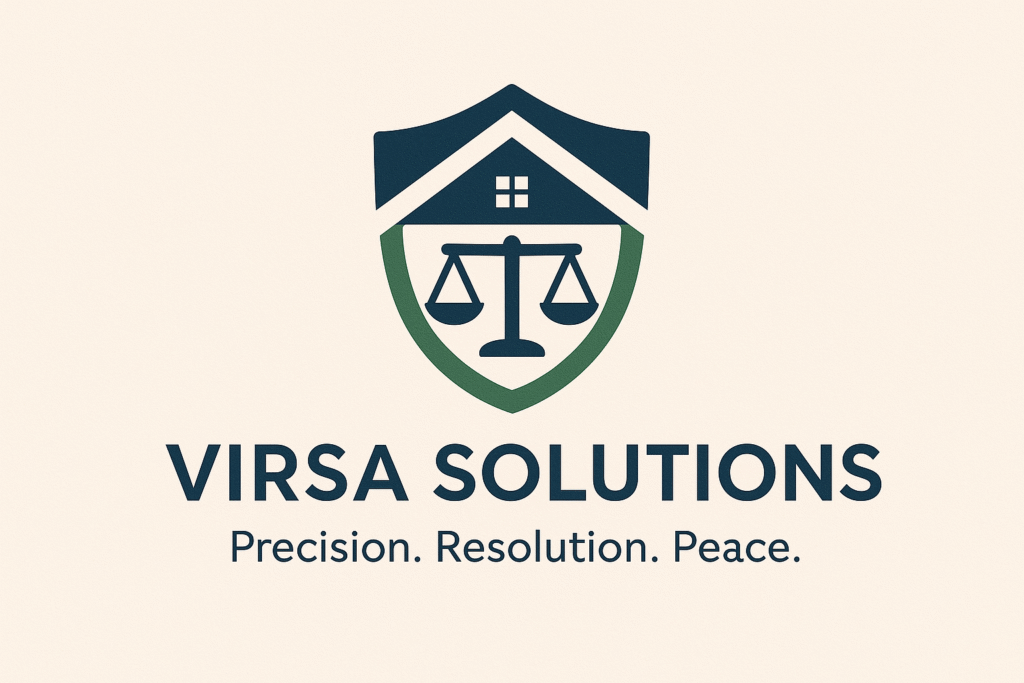NRI Property Dispute FAQs
As an NRI, if you face a legal issue with an Indian property developer, getting in touch with a lawyer can be helpful. Collect all the documents like communication proofs, payment receipts and contract agreements and look out for choices like mediation. Also, you can reach out to the Real Estate Regulatory Authority to get timely solutions.
In India, a Power of Attorney (POA) lets you consult a reliable representative to handle property-related concerns on your behalf, which also comprises managing transactions, attending hearings and signing relevant documents. This facilitates effective management and resolution of property matters without having to be physically present in India.
Start by preserving evidence—builder-buyer agreement, allotment letter, payment receipts, emails/WhatsApp, site photos. Then speak to an NRI property dispute lawyer in Punjab to assess whether RERA, Consumer Commission, or civil court is best. In many cases, a legal notice plus negotiation/mediation gets quick results.
Yes. Most NRIs act through a Power of Attorney (POA) and attend key hearings via video where allowed. Your lawyer can file, track, and argue the matter while you stay overseas.
Use a Special POA limited to the case or transaction. Get it notarized in your country of residence and apostilled/consular-attested (as applicable), then send it to India for stamping/registration as required before use.
RERA Punjab: delays, possession, interest/penalty, builder-buyer agreement breaches.
Consumer Commission: deficiency in service/compensation claims against builders or brokers.
Civil Court: title disputes, partition, injunctions, specific performance.
Your forum choice affects timelines, remedies, and costs—get forum strategy advice upfront.
Timelines vary by forum and complexity. Many disputes settle faster via mediation, Lok Adalat, or lawyer-led negotiation—often saving time and cost versus full trials.
Expect court/tribunal fees, legal notices, stamp/registration (for POA/settlements), and professional fees. We offer transparent estimates and phased billing so you can plan confidently.
Ask for a title search/encumbrance check, review revenue records, sanctioned plans, and RERA registration (for projects). Never sign or transfer money without lawyer-verified documents and bank-to-bank trails.
Immediately—typically starting with a document review and case roadmap (forum selection, evidence list, and interim relief plan) so you know the next steps and likely timelines.
To arrive at a resolution from the property inheritance issues as an NRI, it is important to collect all required documents like a succession certificate or will. You can consult an Indian lawyer to commence legal proceedings if needed. This will ensure relevant representation with the help of a Power of Attorney for smooth handling of disputes.
To ensure the legal compliance of your Indian property investments, you can consider performing due diligence on the property title and ensure prompt registration. It is also recommended to consult a lawyer to review contracts and agreements, as staying updated on all relevant rules and regulations can greatly assist throughout the process.
Act fast: seek an injunction, file police/FIR where appropriate, and use your POA holder to coordinate with local authorities and revenue officials. A site visit, panchnama, and boundary verification support your case.
Title deed/sale deed, jamabandi/fard (land record extracts), mutation/intkal, builder-buyer agreement, payment proofs, tax bills, sanctioned plans, correspondence, ID/address proof, and POA. Organised documents speed up relief.
Typically via succession (will or legal heirs), probate/letters of administration where required, and—if co-owners disagree—partition (mutual settlement or court decree). A POA lets your local counsel handle filings and hearings.
Yes. Your attorney/POA can issue notice, file an eviction or rent recovery case, and execute the decree. Keep the rent agreement, proof of default/misuse, and property photos handy.
Yes—cases commonly arise in Amritsar, Jalandhar, Ludhiana, Mohali, Patiala, Bathinda, and surrounding districts. We also coordinate matters touching Chandigarh where jurisdiction applies.
Options include a family settlement deed, relinquishment deed, or a partition suit if talks fail. Clear documentation prevents future litigation and eases mutation/transfer.
Yes—deadlines differ by claim type (e.g., recovery, specific performance, possession). Missing a limitation period can bar your claim, so get early legal advice.
Absolutely. We schedule video consults, share documents securely, and provide regular case updates so you’re informed without traveling.
